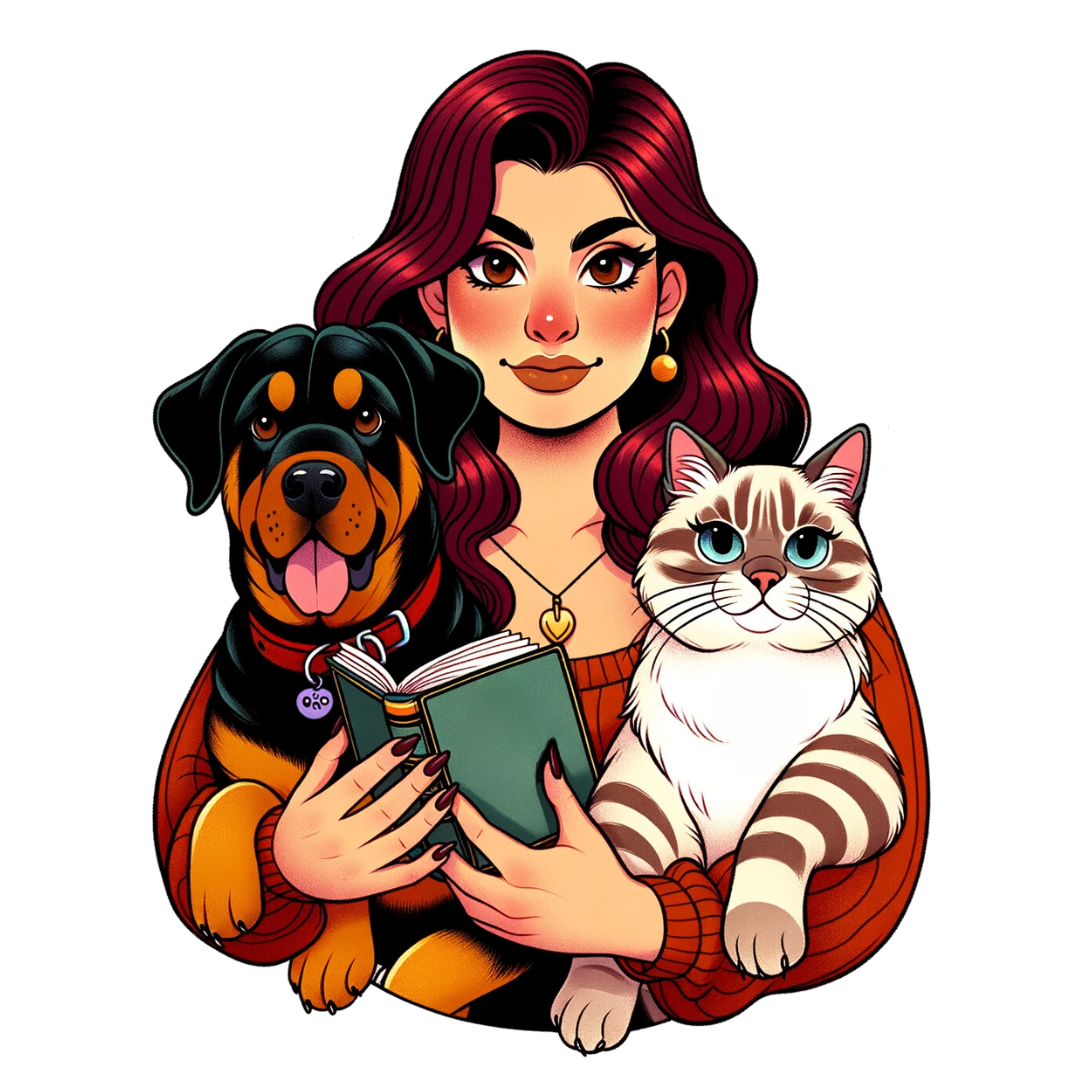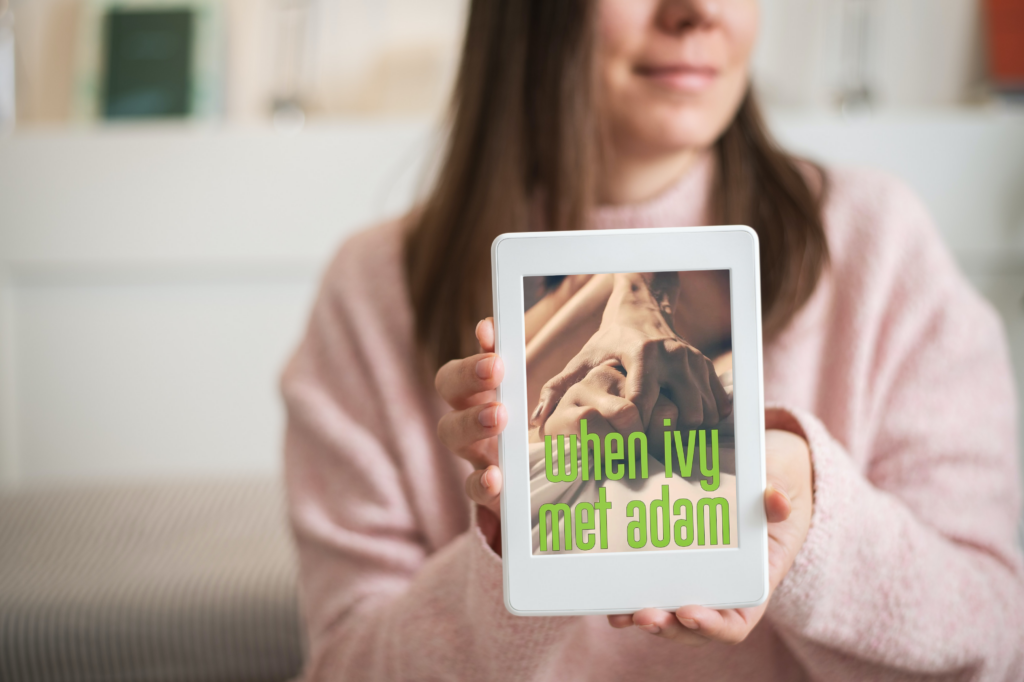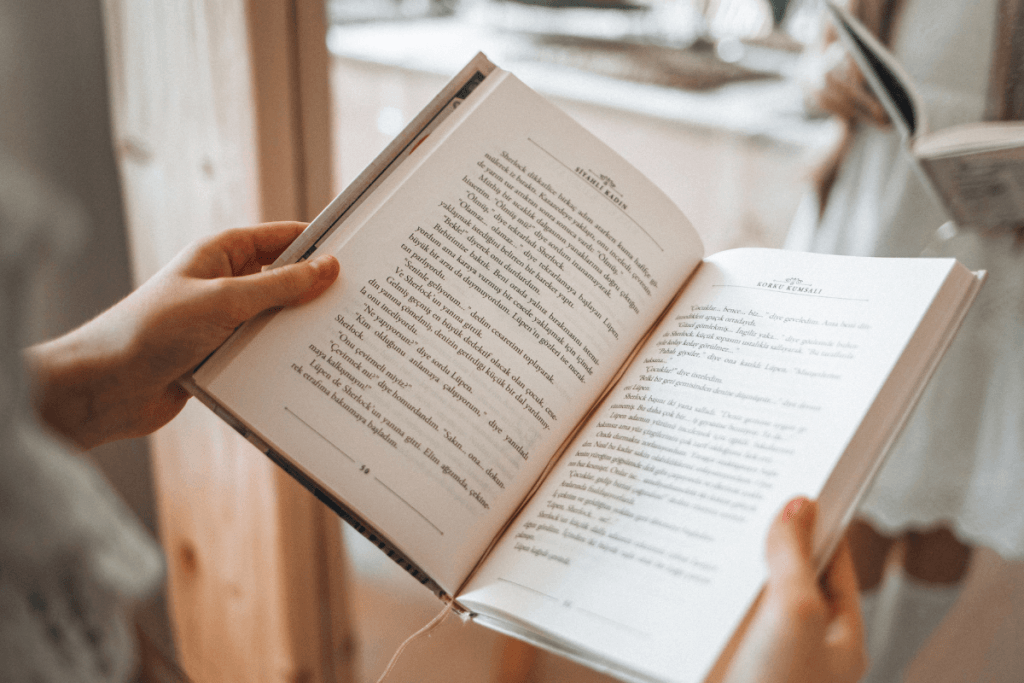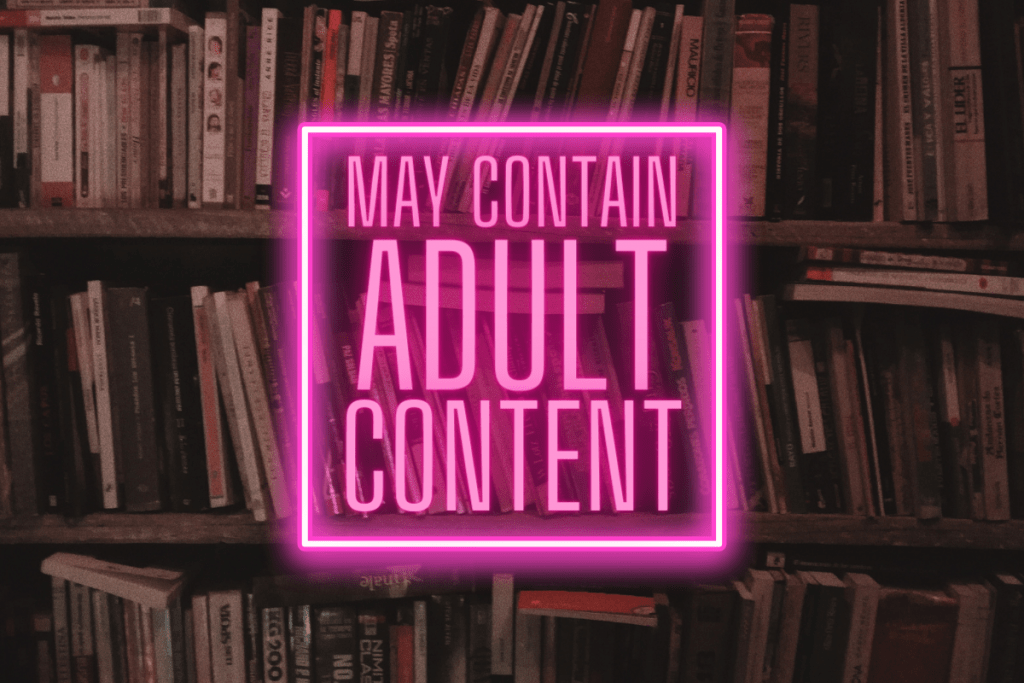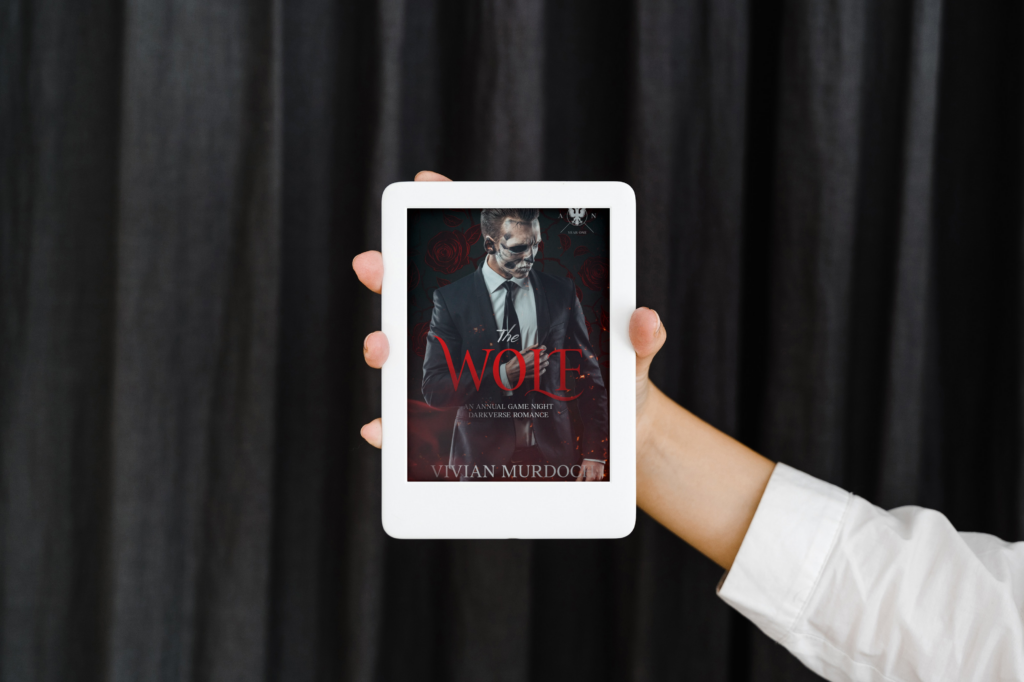Interview with Jennifer J. Coldwater author of When Ivy Met Ada
Welcome to another exciting installment of Author Spotlight, where I dive deep into the world of indie romance authors. This series aims to illuminate the incredible talent within the indie romance community, giving these authors a platform to connect with readers, share their writing journeys, and shine brightly in the literary universe. In today’s spotlight, we have the talented wordsmith Jennifer J. Coldwater, whose passion for storytelling has led her from the halls of teaching to the realms of indie authorship. Her journey, marked by curiosity and creativity, has resulted in a body of work that celebrates love in all its forms, believing that love is indeed love. Jennifer has chosen to feature her book “When Ivy Met Adam”, a contemporary romance that promises to sweep you off your feet. It’s a tale of second chances, forced proximity, and a sexy queer love triangle that will leave your heart racing. But that’s not all; Jennifer’s book is available for free on Kindle Unlimited, making it even more accessible to romance enthusiasts everywhere. If you’re a fan of diverse characters and captivating storytelling, “When Ivy Met Adam” might just be your next literary crush. Let’s dive into this enchanting world created by Jennifer J. Coldwater, where love knows no boundaries, and second chances might just lead to happily ever after. Can you tell us a little about your journey as a writer? How did you transition from teaching to becoming a full-time indie author? I will let you know when I am able to make that happen! I am still a full-time teacher and a part-time indie author. I wrote Holland, My Heart during COVID-19 lockdown when I had a lot more time on my hands (amazing what just a lack of commute does to your day!). When Ivy Met Adam was more challenging, time-wise. That said, I thrive in chaos! So, even though I have sworn off school-year writing, I think it will probably happen again. The concept of a love triangle is often explored in romance novels, but “When Ivy Met Adam” adds a unique twist with a queer love triangle. What inspired you to explore this particular dynamic in your story? Spoiler alert! I was researching tropes while writing Holland, My Heart and saw “two-person love triangle” on a list somewhere. I think it refers mostly to secret identities (like Peter Parker’s biggest competition with MJ is Spider-man!). Once I had it in my head, I couldn’t stop thinking about the concept of falling for someone you’d loved before they transitioned. I follow several transmasc Instagrammers and I would have no trouble believing you could fall for this grown-ass man with a beard and have no idea he’d once been that cute girl in your English class. There’s another whole layer in the story of Adam and Eve about gender, but that’s a lot to squeeze into one question’s answer! In “When Ivy Met Adam,” Ivy learns of Adam’s past deception, leading to a broken heart. Can you share with us the significance of forgiveness in the story and how it influences the characters’ journeys? Ivy’s struggle is really about finding room in her heart not only to forgive Adam but also to risk letting herself get hurt again. She is using “I can’t forgive him” as a smokescreen to hide her fear of losing him again. I am confident I’ve done that in my life! The book is described as a contemporary romance based on the biblical story of Eve. What made you choose this biblical inspiration, and how does it tie into the themes of your book? Holland, My Heart is based on my favorite story in the Hebrew Bible: the book of Ruth. She inspired me to choose other badass women in the Bible. Eve seemed a risky choice and logical next step. Eve is often so misunderstood. I didn’t write When Ivy Met Adam to change the way the world sees Eve. But I changed the way I see her through writing the book. One of the books I read when researching my book is Bruce Feiler’s The First Love Story: Adam, Eve, and Us. I highly recommend it for anyone who is curious about how Eve’s story has been told over time. The book features a forced proximity trope, where Ivy and Adam are brought together despite their complicated history. How did you approach creating tension and chemistry between these characters while navigating their shared past? Including forced proximity in this novel seemed a necessary hat-tip to the Garden of Eden. Ivy and Adam are trapped by a storm on O’ahu, which is not-so-subtly meant to make you think of paradise. Once I’d dropped them there, I found myself struggling with exactly what you asked. Tension, chemistry, character development. I tried to use their time together to illustrate Adam’s confidence and Ivy’s lack thereof. While they’re both far from home, they are very much on Adam’s turf. He gets to save the day and Ivy gets a little swoony about it. There’s nothing more effective for speeding up a love story than forced proximity! As an author who creates diverse characters, what do you believe is the importance of representation in romance novels, particularly within the LGBT+ community? I was a queer kid who read everything I could get my hands on. And in not one of the many, many (many!) books I read did I see someone like me. My goal is to write characters in whom we can see ourselves. I want someone to read When Ivy Met Adam and think, “Oh. Being into men AND women AND men who used to be women isn’t weird.” Could you share some of the influences or authors who have inspired your writing style and storytelling? Yes, please! Talking about my work is awkward. Talking about what I read is easy! For this book, I read a lot of LBGT+ young adult and new adult romances. Some of my favorites were Meet Cute Diary by Emery Lee, narrated by Logan Rozos; May the Best Man Win by Z. R. Ellor, narrated by Avi Roque (who I’m hoping to have narrate Adam
Interview with Jennifer J. Coldwater author of When Ivy Met Ada Read More »
